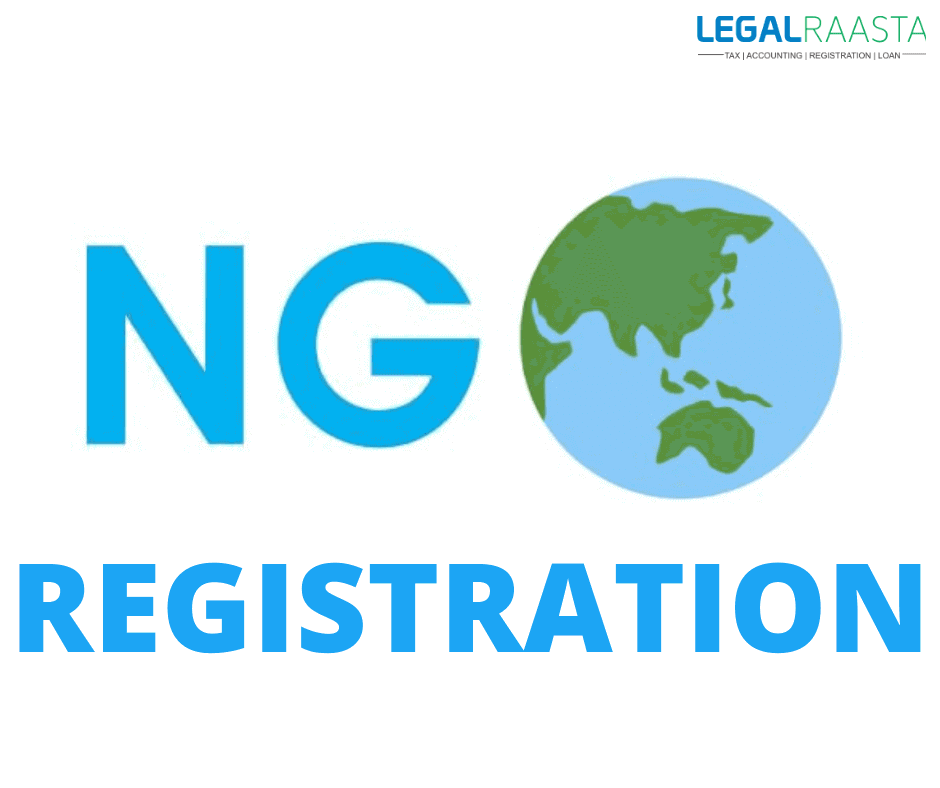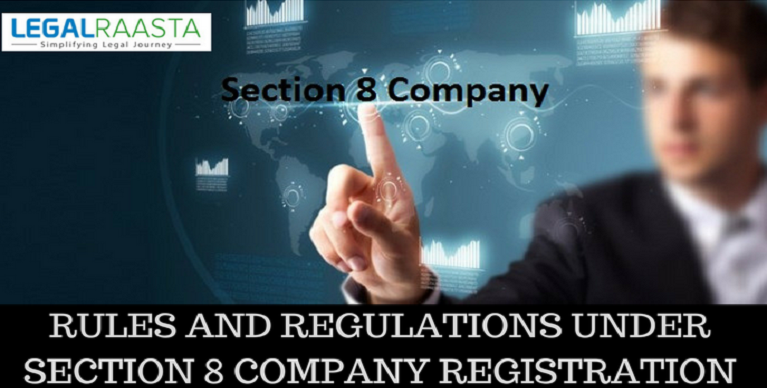Section 8 Company Registration Requirement In Modern Market
What is Section 8 Company Registration?
The position of social purpose organizations is gaining prominence with each passing day in the fast-moving economic world. Section 8 Company Registration under the Companies Act of 2013 provides a fine platform for a non-profit organization that only exists to carry out various philanthropic activities.
It can function towards education, social welfare, environmental protection, and any other goal as charted out by its promoters. This blog will explain the importance of Section 8 Registration, its benefits, and its growing demand in the modern market.
What is a Section 8 Company?
A Section 8 Company forms a special type of not-for-profit company falling within the purview of the Companies Act, 2013. Commonly constituted companies with the sole aim of generating profit for the shareholders, Section 8 Companies are constituted for purposes like promoting trade, arts, science, sports, education, research, social welfare, and environmental protection. The prime aim here is to promote public good but without profitability.
In order to get registered under Section 8, the company must demonstrate certain features and ensure that the surpluses realized are used merely for promoting its objects. The registration process also provides a formal structure that ensures full accountability and transparency in every transaction or operation.
Benefits of Section 8 Company Registration
1. Protection Against Liability
The most significant advantage of a Section 8 Company is that it provides limited liability protection. In a sole proprietorship or in a partnership, personal assets are compromised, but the liability of the members in a Section 8 company is only for the amount of contribution to the organization. It motivates people to spend their time and money on charitable activities without worrying about the loss of personal assets.
2. Tax Exemptions and Benefits
The Section 8 Companies have several tax benefits. Section 80G of the Income Tax Act has accorded tax relief to the donations made to these organizations & GST Registration Required for Section 8 Companies, This exemption reduces the tax burden on the donor and, at the same time, enhances the viability of the organization on the basis of funds. Moreover, the surplus income of the Section 8 company is tax-free if applied to the objectives of the organization.
3. Credibility and Trust
A Section 8 Registration adds credibility to an organization. This means that it shows that the organization complies with the regulatory framework under which it operates. In so doing, it adds a level of credibility between the entity in operation and stakeholders donors, grant-issuers, and government agencies. It is this that facilitates the organization's ability to build trust among stakeholders and continues to determine the ability of the organization to secure donations, grants, or other community contributions.
4. Flexible Organizational System
The Section 8 Companies are highly flexible about the kind of management structure they adapt to suit the needs of an organization. Along with this flexibility, it's important to understand the Audit Requirements for Section 8 Registration and unlike other companies, which are normally characterized by a certain minimum number of directors and shareholders, a Section 8 Company can operate with a relatively small number of members. This flexibility allows smaller groups to come together and form an influential organization that can bring social change.
Process of Registration of Section 8 Companies
Section 8 Company Registration has a few steps that need to be passed before sending organizations to the desired standard to run operations. Here is a quick look into the process for the same:
1. Digital Signature Certificate (DSC)
The first in the line of the process of registration is obtaining Digital Signature Certificate on proposed directors. This would help post-submission of applications and documents online.
2. DIN Application by Directors
All the directors of Section 8 shall procure a Director Identification Number. Such a unique identification number will be acquired by all the directors who would like to serve in India.
3. Preparing Memorandum and Articles of Association
MOA and AOA describe the objects and regulations for managing the organization. The purposes of the company shall express not-for-profit objectives in such documents.
4. Application Filing
The registration under Section 8 should be filed with the Registrar of Companies (ROC). And must attach the application with MOA, AOA, and a declaration that the profit will not be divided among the members.
5. Registration Certificate Acquisition
Now, if the ROC is satisfied with all the formalities, then the ROC issues the Registration Certificate to the applicant. The above certificate clearly states that it is a Section 8 Company.
Is Section 8 Companies Decreasing in Today's Market Place?
In fact, recently, there has been a spurt in the number of Section 8 Companies in India. It would be pertinent here to identify some of the features that have contributed to its growth, namely,
1. Social Awareness Rises
With the passage of time, more people become aware of the importance of being socially responsible while social challenges rise with time. Such people can contribute positively regarding educational and health services and the preservation of the environment, and Section 8 companies provide an avenue through which such people can make this contribution.
2. Emerging Govt. Support
At different times, the Indian government realized that this industry is rich in meaning to lead and achieve social issues. Accordingly, a number of plans and programs were sanctioned to support Section 8 companies to get easier and navigate their activities toward the desired objectives.
3. Corporate Social Responsibility (CSR)
Most corporates, with the desire for CSR mandates, focus on partnering with non-profit organizations while carrying out their CSR programs. One of the very popular partnerships among the corporates who seek to do good with their CSR activities has a status and legal recognition through Section 8 companies.
Conclusion
In short, section 8 company registration is not a mere formality; it's an act of creating meaning in society. With this limited liability protection, tax exemptions, and credibility alongside potential funding, the section 8 companies are in an excellent position to take the current market's social dilemmas head-on, and if you are looking for instant registration then LegalRaasta Technologies Pvt. Ltd is a better solution for you because of has experts in company registration and other compliance related to it.
Demand for the future with shifting times will be much stronger for a nonprofit organization associated with social causes. It is only because of the realization of the worth of registration under Section 8 that eventual entrepreneurs and social action seekers can contribute toward a better future while basking in the legal recognition and structure of an organization.
This makes the role of Section 8 companies more important than it has ever been. Forming a new, independent nongovernmental organization or empowering as much as possible any other ones that exist already can become, within the framework of Section 8 registration, a very powerful catalyst for the creation of that ideal change in society.









